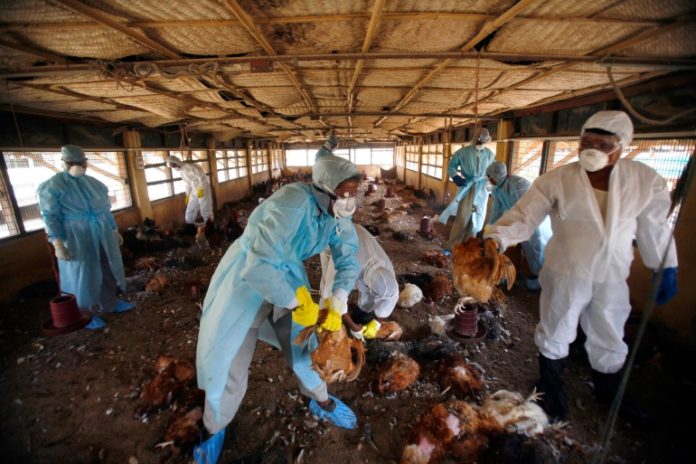Over 200 wild birds along the Namibian coast had been found dead as a result of a suspected avian influenza outbreak. A branch of Namibia’s Directorate of Veterinary Services (DYS), under the Ministry of Agriculture, Water and Land Reform (MAWLR), received the report of dead wild birds.
“Live sick birds were also observed showing clinical signs such as tremors, shivering, staggering movements and swollen heads. Some sick birds showed signs of tameness and reluctance to flee from humans,” MAWLR Chief Veterinarian Officer Albertina Shilongo said.
Avian influenza
Samples have been collected and sent to Namibia’s Central Veterinary Laboratory for confirmation and the results are pending, she said, adding that the source of infection is suspected to be wild migratory birds.
Shilongo also urged the public not to handle the sick or dead birds, nor to consume products made from these birds. Avian influenza (AI) is a highly contagious viral disease affecting several species of food producing birds (chickens, turkeys, quails, guinea fowl, etc.), as well as pet birds and wild birds. Occasionally mammals, including humans, may contract avian influenza.
Avian influenza has captured the attention of the international community over the years, with outbreaks in poultry having serious consequences on both livelihoods and international trade in many countries. Implementation of biosecurity measures, in line with OIE international standards, is key in securing the production sector and trade, to safeguard food security and the livelihoods of farmers, and to limit the risk of human infection with avian influenza strains that have zoonotic potential.








